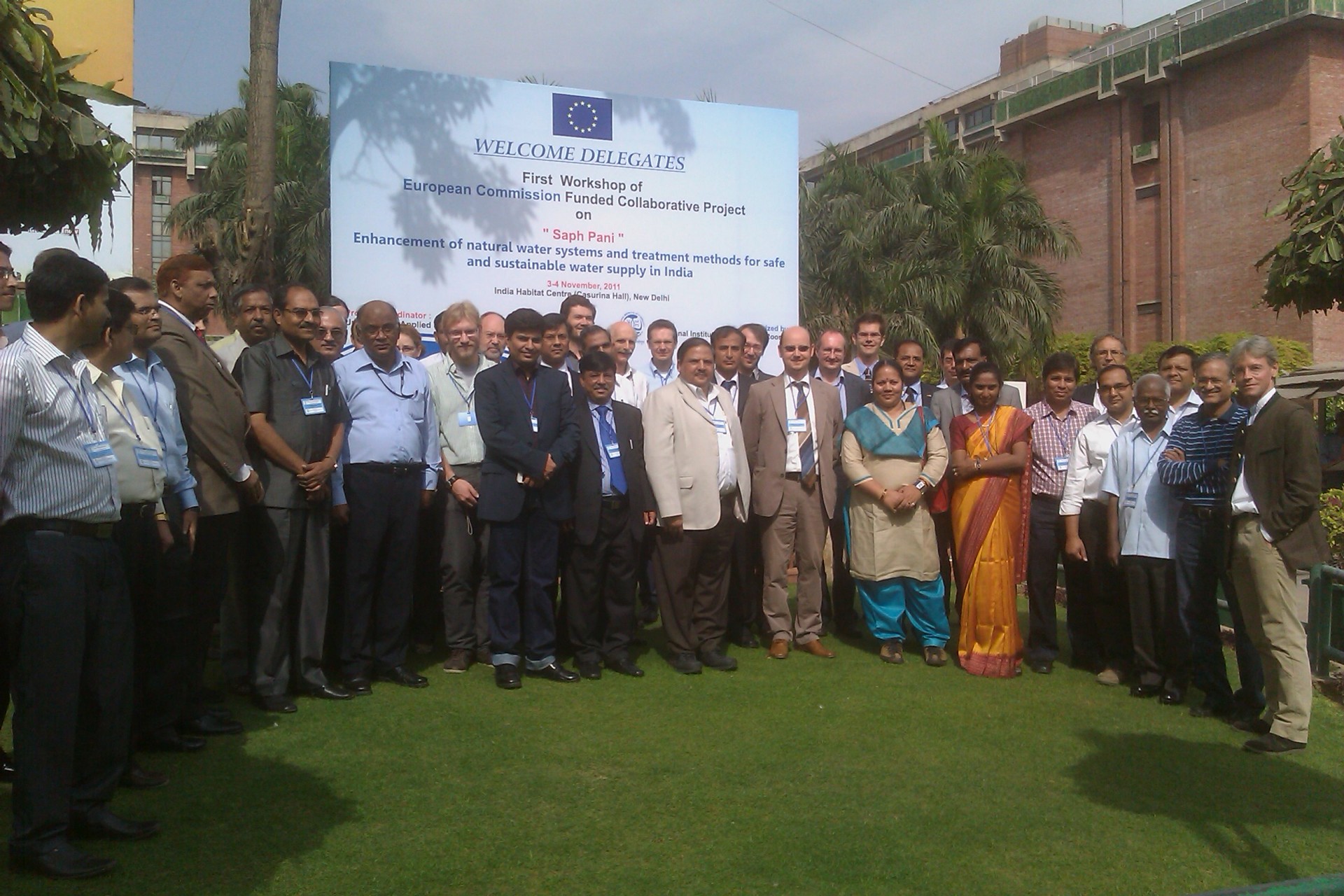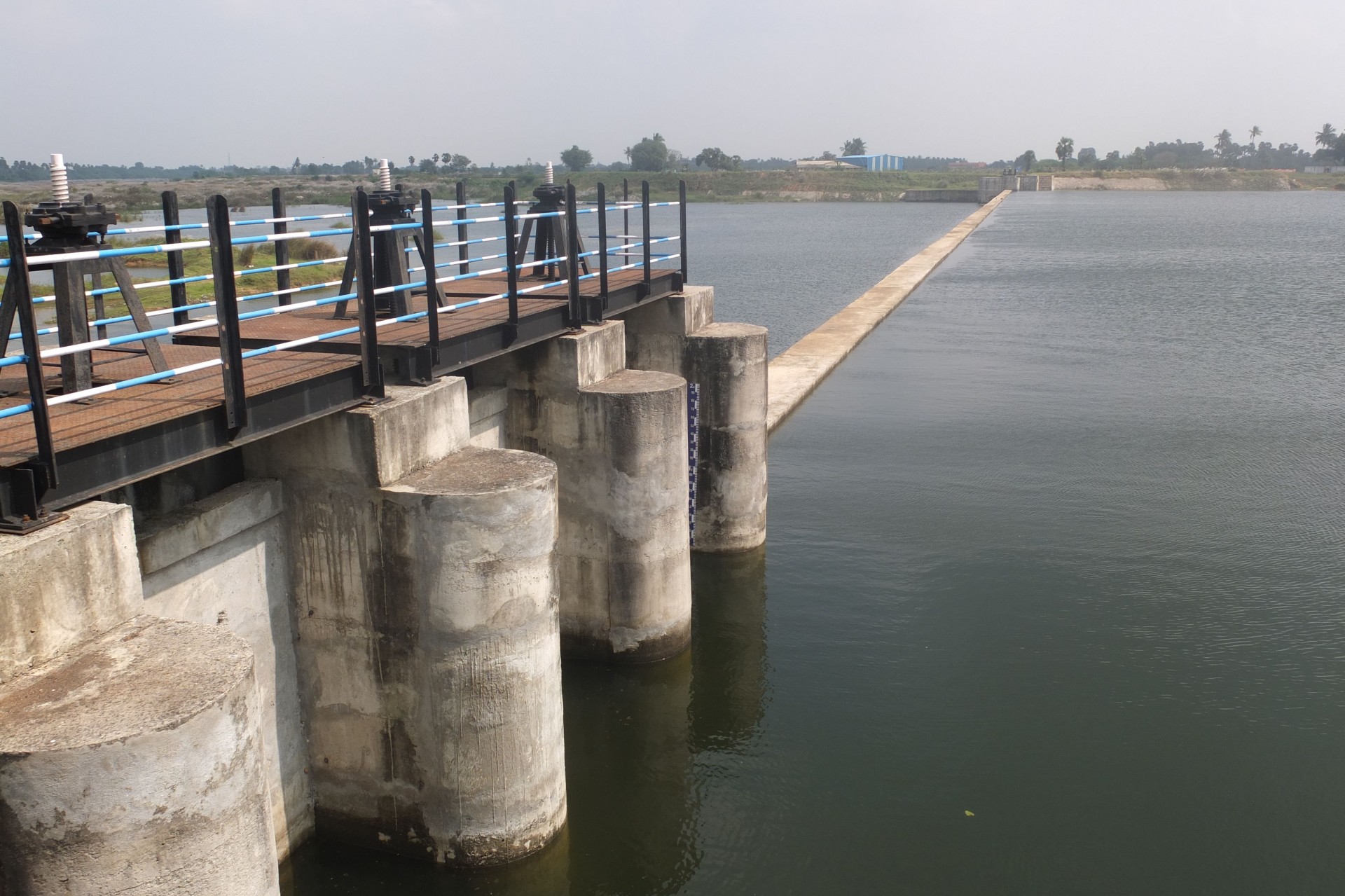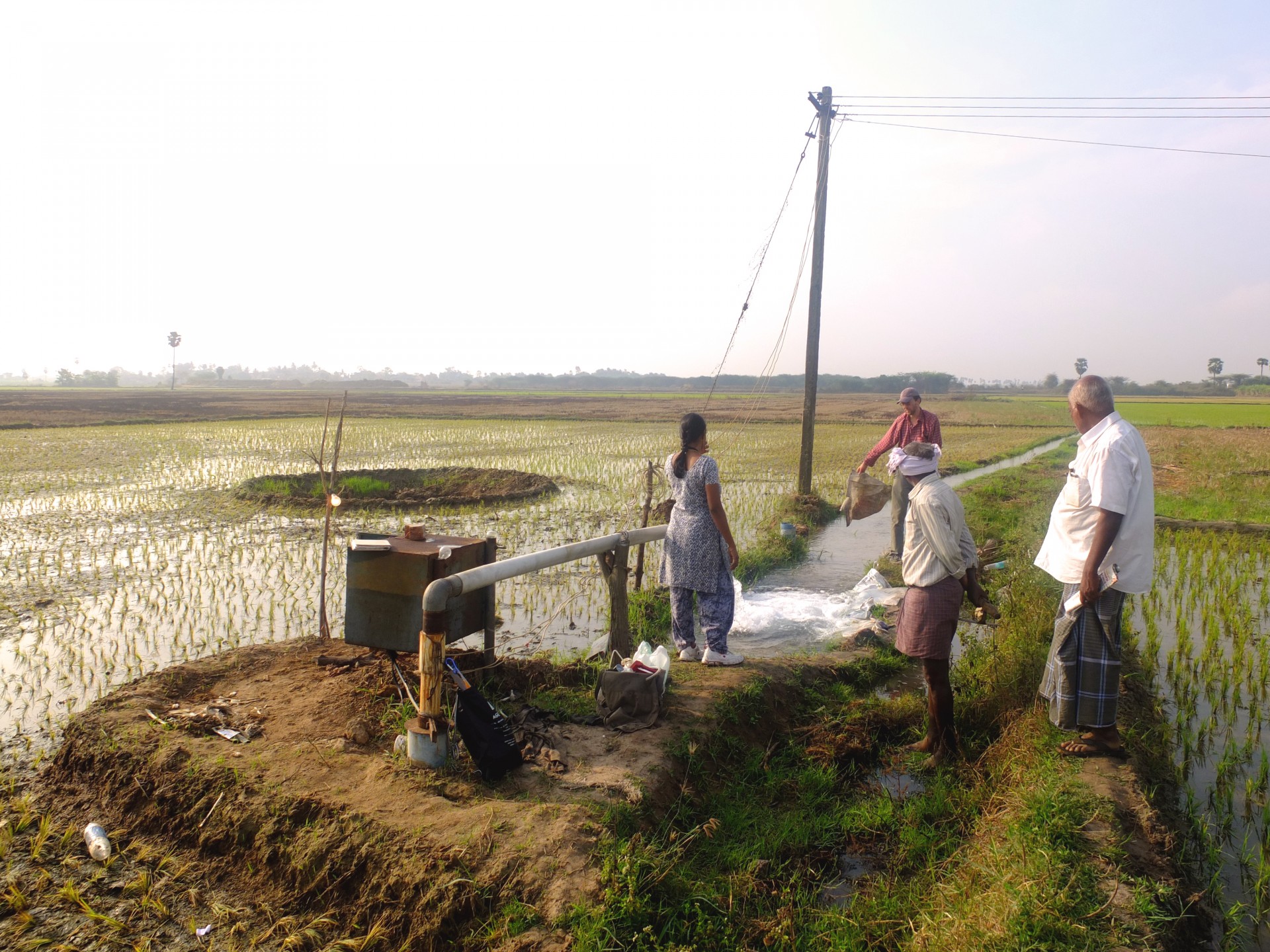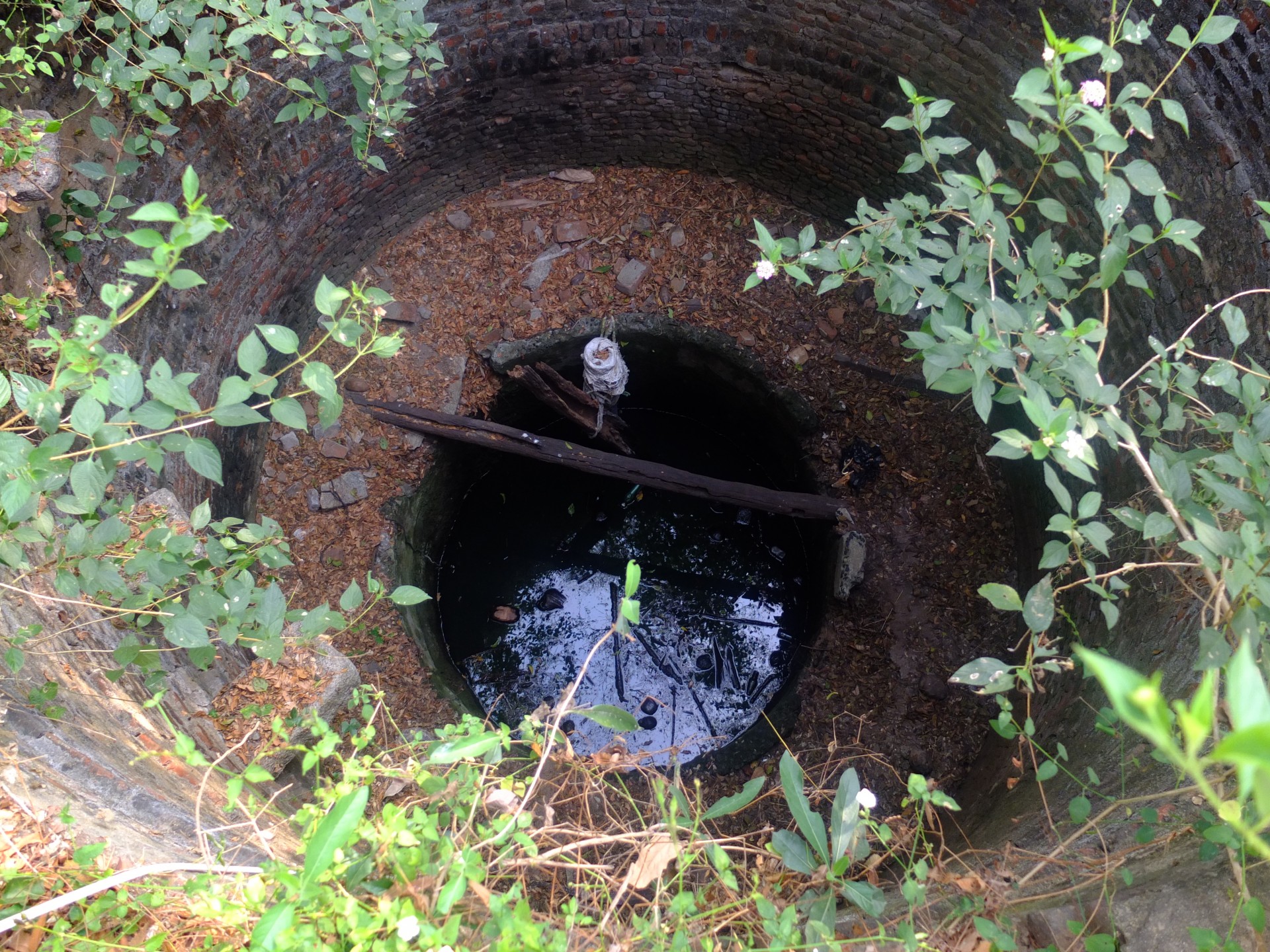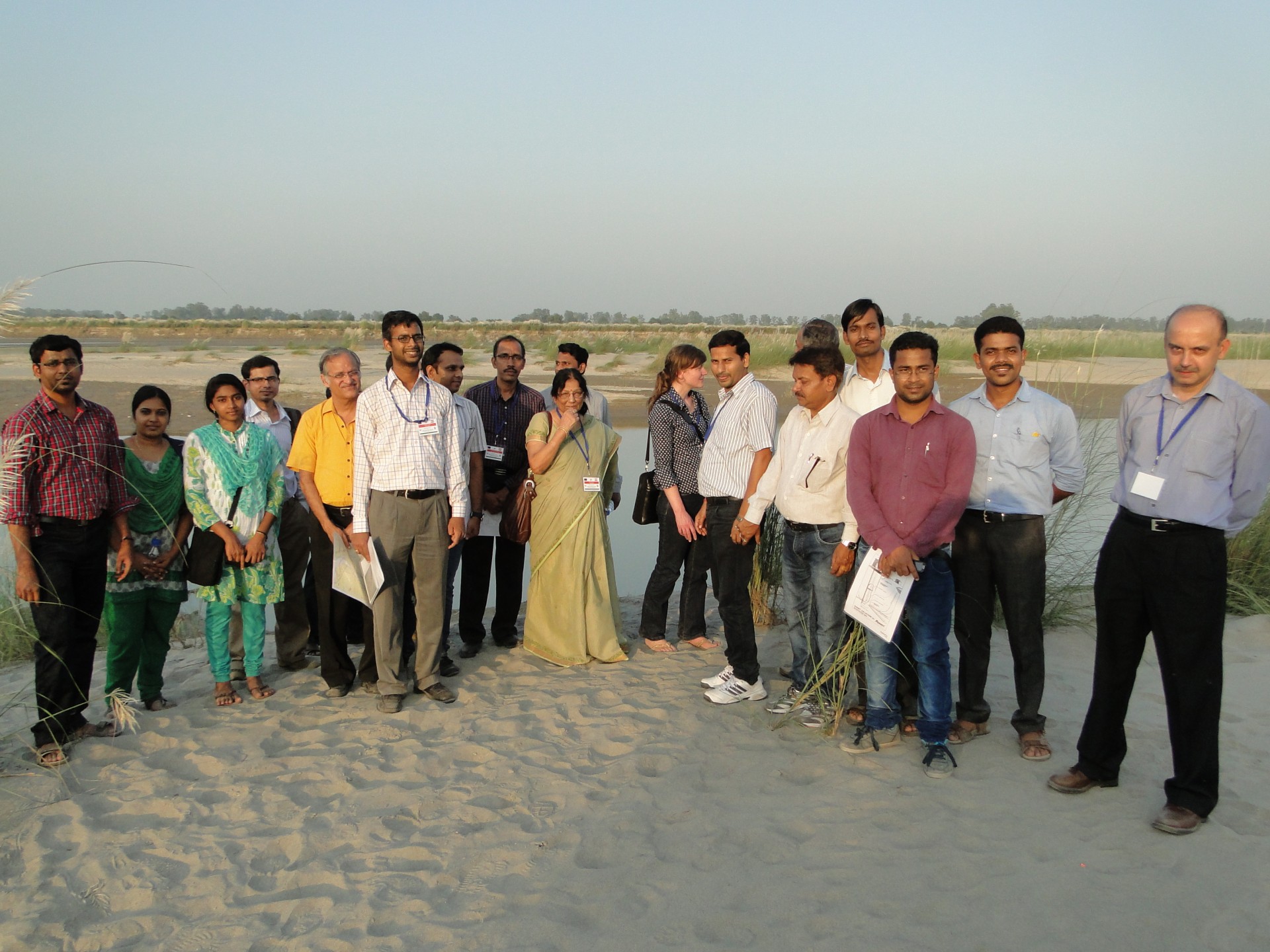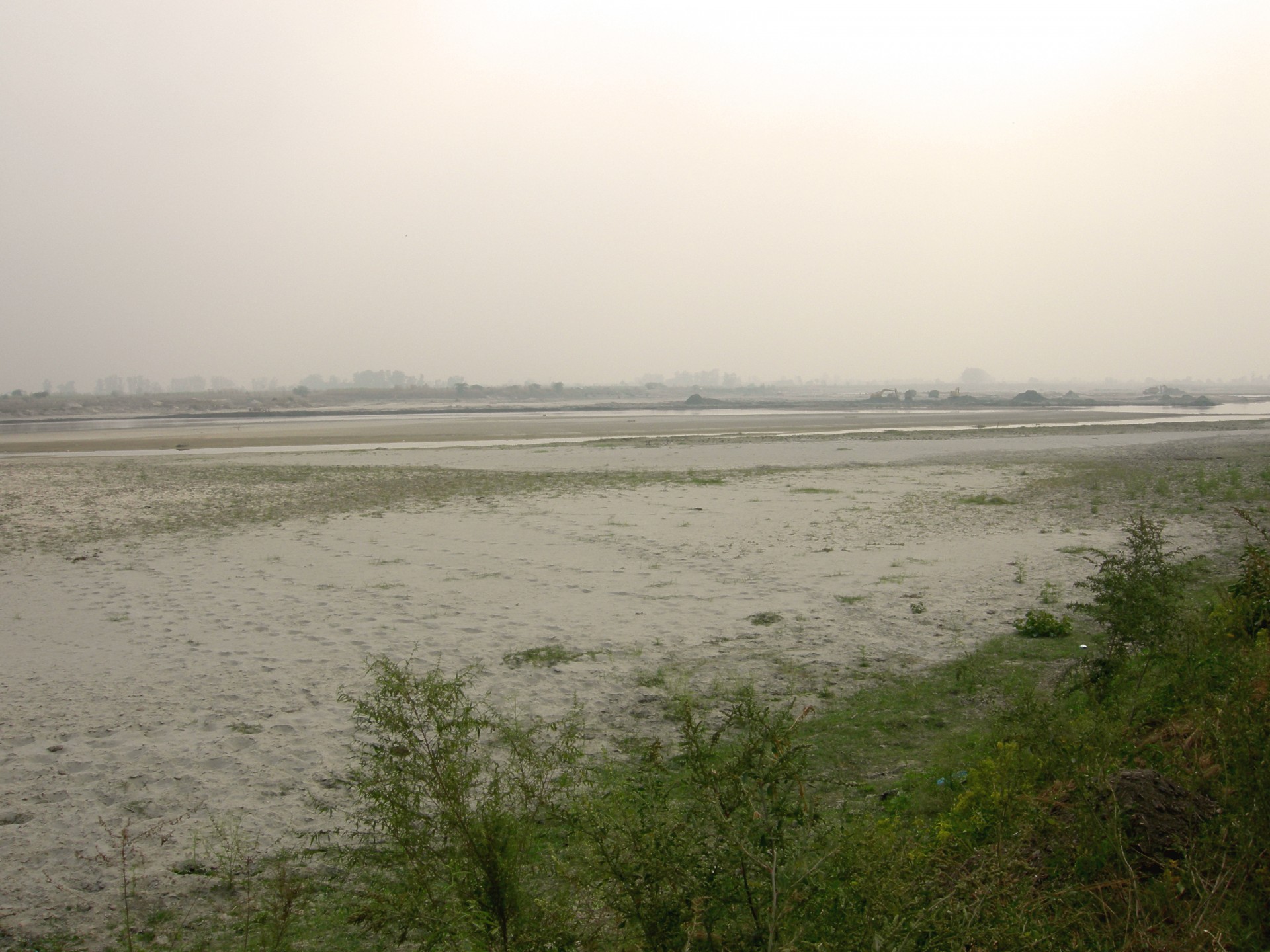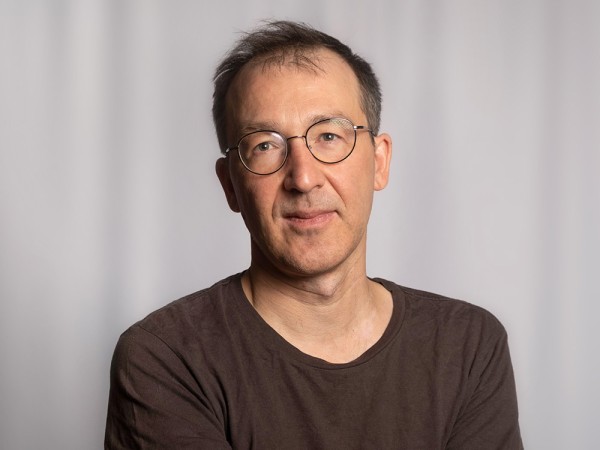Safe and Sustainable Water Supply in India
India is subject to water shortages especially in urbanized areas due to a continuous growth in population, losses in the distribution network and limited availability of high-quality groundwater resources. Managed aquifer recharge has been identified as one possibility to supplement over-exploited groundwater resources and purify polluted surface water influenced by storm-water and sewage treatment plant (STP) effluent without major technological efforts.
KWB has joined a consortium led by the University of Applied Sciences and Arts Northwestern Switzerland FHNW investigating in the scope of the SAPH PANI (Hindi for “clear water”) project natural water systems and treatment technologies (funded by EU FP7).
The overall objective of the project is to strengthen the scientific understanding of the performance-determining processes occurring in the root, soil and aquifer zones regarding the removal and fate of important water quality parameters such as pathogenic micro-organisms and respective indicators, organic substances and metals – thus supporting the practical implementation of natural water treatment in India.
KWB is actively involved in:
Comparison and evaluation of different options for ammonium removal at river bank filtration sites in Delhi
Development of a cost-effective MAR scheme to prevent salt water intrusion into a coastal aquifers
Project management, general research;
communication between Indian and European end-users



- Database of relevant pollutants in urban areas and their attenuation at RBF sites. Deliverable 1.1
- Preliminary models and system design. Deliverable 5.2
- Hydrochemistry and stable isotopes during salinity ingress and refreshment in surface- and groundwater from the Arani–Koratallai (A-K) basin north of Chennai (India)
- Transport of Sewage-borne Ammonium in a Floodplain Aquifer: Column Experiments with Aquifer Materials from the Yamuna Floodplain in Delhi (India)
- Development of Ammonium Concentrations at a Riverbank Filtration Site in Delhi (India) – Water-Sediment Interactions from Infiltration to Production
